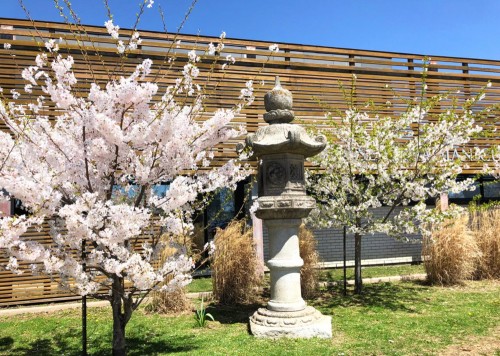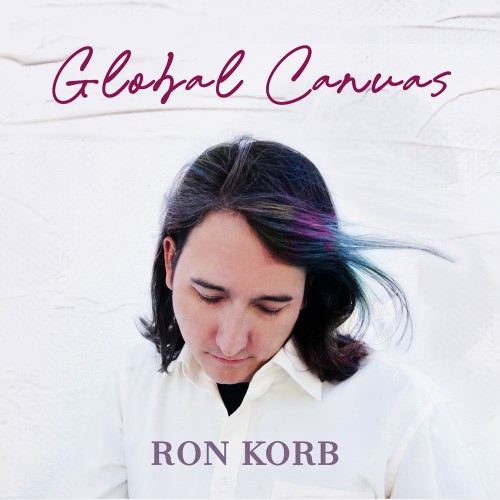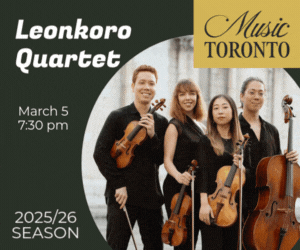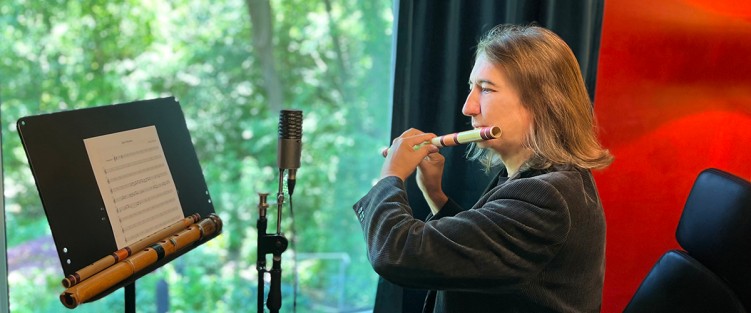 I first met Ron almost 45 years ago when we were both studying with Robert Bick at York University. Bick had recently returned to Toronto from Brattleboro, Vermont where he had been studying with the great French flautist and teacher, Marcel Moyse, who, before the Second World War, had been the flute teacher at the Paris Conservatoire.
I first met Ron almost 45 years ago when we were both studying with Robert Bick at York University. Bick had recently returned to Toronto from Brattleboro, Vermont where he had been studying with the great French flautist and teacher, Marcel Moyse, who, before the Second World War, had been the flute teacher at the Paris Conservatoire.
Moyse’s own roots went back to Paul Taffanel, remembered as the founder of the French School of flute playing, and to Philippe Gaubert, Taffanel’s student and successor at the Conservatoire. After Taffanel’s premature death in 1908, Gaubert compiled a collection of “daily exercises” that he had learned from Taffanel, now known in the flute world simply as “Taffanel-Gaubert”, the study of which was a central part of our work with Robert Bick.
For me that time (1989-90), was euphoric: the flute class group lessons with Robert Bick at his home in Toronto’s Annex led not only to breakthroughs in our playing but also to a profound sense of camaraderie, from our shared appreciation of and reverence for Marcel Moyse’s teaching, which our teacher brought to us so authentically.
Our common goal at the time for studying the flute was simply to realize our potential as musicians by becoming better flutists. Ron moved on to enter the performance program at the University of Toronto. “Like most young flute performance majors,” he told me, “we were inspired by the likes of Galway, Rampal, Bennett, Robert Aitken, and dreaming of careers similar to theirs. However, for me, my inspiration also came from jazz flutists like Hubert Laws and Moe Koffman. Even back then I was already writing, arranging and recording in my spare time.”
Korb’s craft: After graduating from the performance program at University of Toronto, Korb began learning the craft of music production through a company he co-founded, called Oasis Productions where he spent ten years honing his skills and learning the fundamentals of putting an album together, while at the same time establishing himself as a studio musician, playing various flutes on numerous TV and film productions.
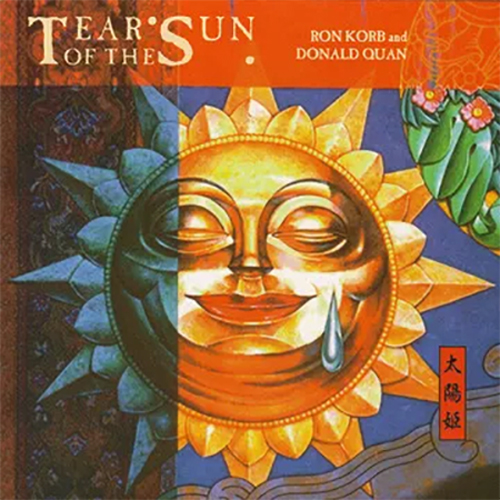
I asked him at what point the idea of playing and performing on non-western flutes came into focus. “A number of things converged at once,” was his reply: ”Growing up as a Japanese Canadian, I’ve always been drawn to the music and culture of Asia. Jean Pierre Rampal and Lily Laskine’s album, Japanese Melodies for Flute and Harp, was especially transformative for me. Although it was played on the silver flute and classical harp, Rampal’s tone and phrasing are absolutely exquisite and the arrangements by Akio Yashiro are stunning. When Donald [Quan] and I recorded Tear of the Sun, based on a story I wrote with strong Asian subject matter, it felt natural to include the sound of bamboo flutes.”
That project led him to feel a strong desire to immerse himself even more deeply in Japanese culture and to study the Japanese flute more seriously. Moving to Tokyo, he studied Gagaku – Japanese court music – with flute master Akao Michiko, which he described as “a truly magical” time of his life. Another significant meeting at this time was with Hiroki Sakaguchi with whom he wrote and recorded his second album, Japanese Mysteries, which went on to become very successful. The two of them performed several concerts together, and, as he put it, “one thing led to another and my touring eventually expanded across Asia.
Fast forward to the present, and at the time of writing this Ron is in Taiwan, having just returned from India, where he was invited to do a recording and video project in the Kumbh Mela, a Hindu pilgrimage festival attended by 660 million pilgrims, marking a full orbital revolution of Jupiter around the sun. En route he attended the GRAMMYS in Los Angeles, where two projects in which he had played were nominated!
We in Toronto will be able to hear Ron perform at the Japanese-Canadian Cultural Centre in North York near Eglinton Avenue East and the Don Valley Parkway. Described by the presenter as an interpretation of a traditional cherry blossom viewing party, the concert, titled A Celebration of Sakura, will feature Ron on Japanese flute as well as the western flute and bass flute; Taiko drumming, traditional dance, singer, koto and shamisen player Aido Fuji, bass player Steve Lucas, pianist Bill Evans, drummer Larry Crowe, and guitarist and koto player, Ray Hickey Jr..
The concert has been scheduled to correspond with the blossoming of the 100 Sakura cherry trees growing on the grounds of the Centre. Ron told me that he and James Heron, the JCCC executive director, “have been discussing the idea of presenting a concert for years, and James came up with the brilliant concept of tying it to the blooming of the Sakura cherry blossoms in spring.” The Japanese Canadian Cultural Centre is home to over 100 Sakura cherry trees, which were planted through the generous efforts of the Consulate General of Japan’s Sakura Project and Shiseido Canada.
In the program, Ron wanted to incorporate a mix of his original compositions with an Asian influence, along with music from his new album, Global Canvas (reviewed in the February/March issue of The WholeNote). He will also include “a variety of music from Celtic, Latin, classical and jazz traditions. After the long winter it will be a wonderful way to celebrate the coming of the warmer weather.” Indeed. And, I will add, a fitting way to welcome Ron Korb back from his late winter travels in the east.
Ron Korb – A Celebration of Sakura takes place Thursday, April 17, 2025, at 7:30pm.
Allan Pulker is a Toronto-based flautist, and The WholeNote’s founding publisher.


